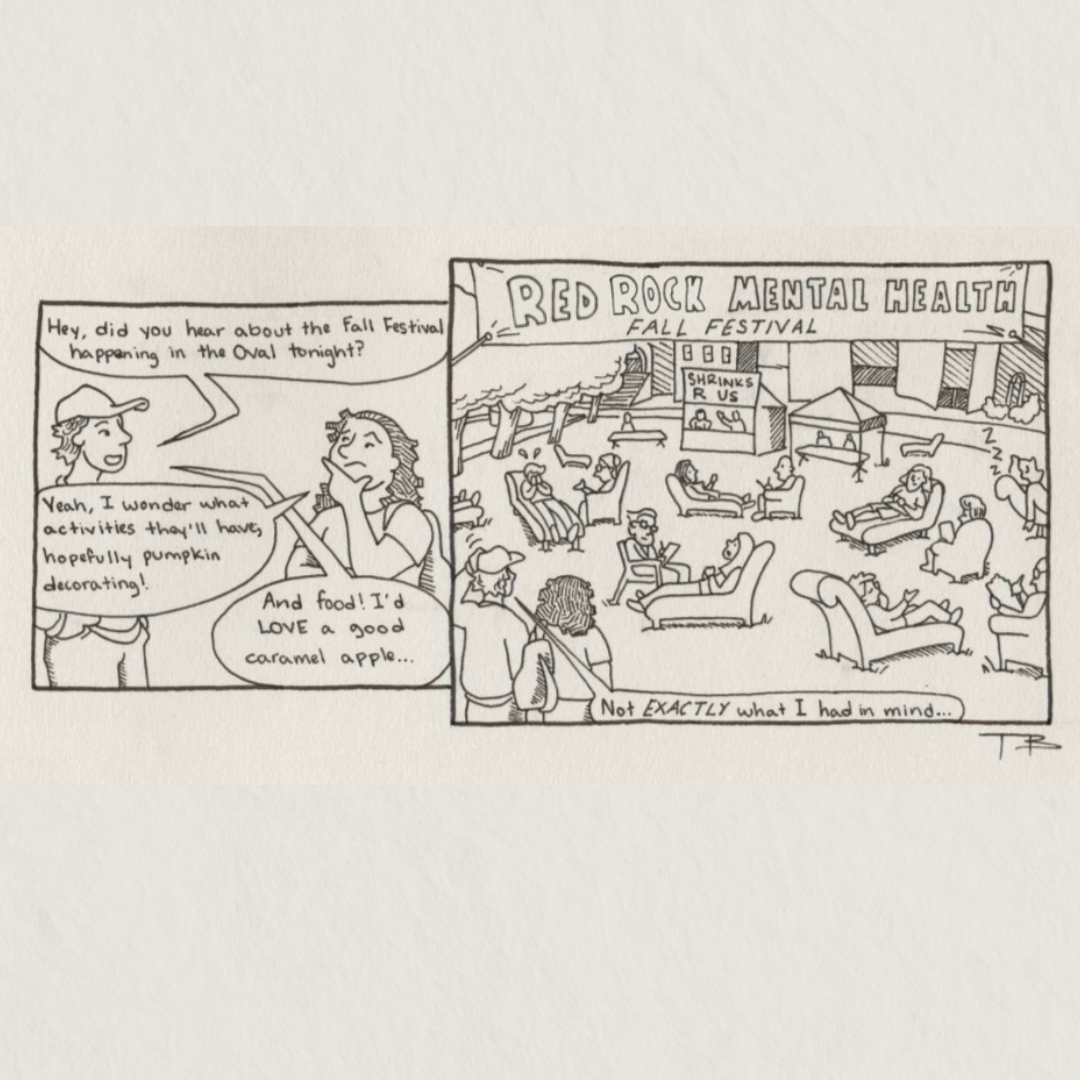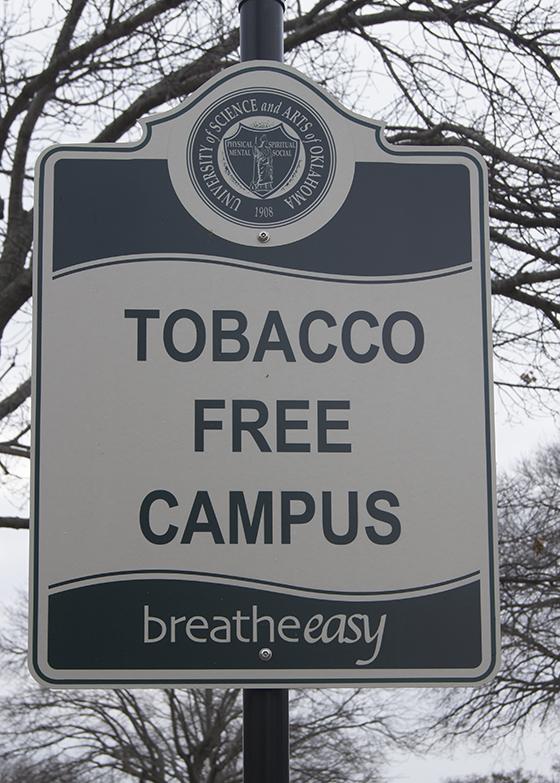USAO has zero tolerance tobacco policy
July 28, 2014
USAO’s policy regarding smoking can be found on the university’s website by searching for the term “policies.” The title of the exact document is “Tobacco Free Campus Policy.” It is a four-page document that clearly states the university’s stance regarding tobacco use.
The first paragraph titled, “Tobacco-Free Policy” contains this statement:
“The purpose of this policy is to eliminate all tobacco use whether located indoors or outdoors on property owned, leased or contracted for use by USAO and in state vehicles used for USAO business.”
The key words are: “eliminate all tobacco use.”
The second paragraph, titled “Tobacco-Free Environment,” states:
“Effective July 1, 2012 it shall be the policy of the University of Science and Arts of Oklahoma (USAO) that the use of all tobacco products including but not limited to cigarettes, cigars, pipes, smokeless tobacco and other tobacco products be prohibited on the campus property of USAO.”
Key here is the phrase: “all tobacco products including but not limited to cigarettes, cigars, pipes, smokeless tobacco and other tobacco products…”
The policy goes further to describe who must refrain from tobacco use and where tobacco is not allowed. It also outlines the punishment possible for violators of the policy.
Page four defines terms used in the policy. USAO’s definition for tobacco products is as follows:
“all form(s) of tobacco but . . . not limited to cigarettes, cigars, pipes, hookahs, chewing tobacco, snuff, electronic cigarettes (E-Cigarettes) and all other kinds and forms of tobacco prepared in such a manner to be suitable for spit tobacco use, smoking, or both. This term also includes herbal tobacco products, simulated tobacco products that imitate or mimic tobacco products, including but not limited to cloves, bidis, and kreteks.”
So in case you are wondering, the answer is absolutely no tobacco use on campus. This policy allows students, staff, and visitors to breathe air freer of carbon monoxide, arsenic, lead, nickel, and tar and it lessens the threat of respiratory distress for those with compromising lung conditions.
















































































